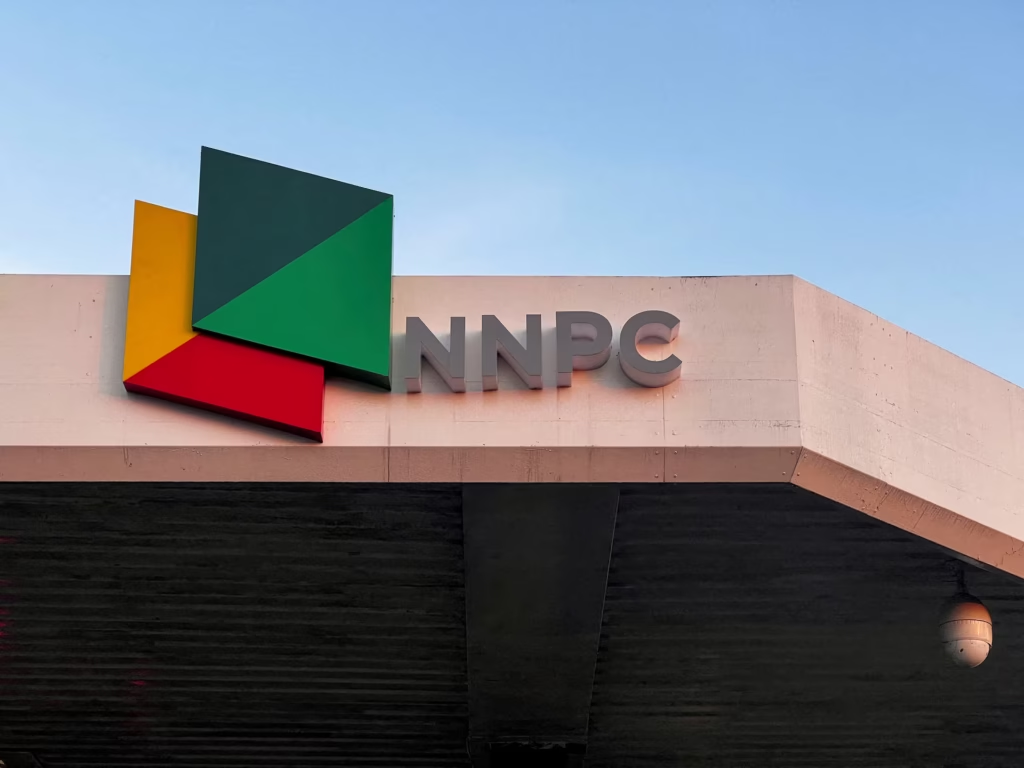
Nigeria’s central bank, led by Governor Olayemi Cardoso, has implemented a second consecutive interest rate hike in an attempt to curb rising inflation. The Monetary Policy Committee (MPC) increased the benchmark rate by 200 basis points to a record high of 24.75%, following the largest hike in 17 years last month.
This aggressive tightening aims to address Nigeria’s severe inflation crisis. Inflation currently sits above 30%, the highest level in nearly three decades. This economic turmoil has resulted in a significant cost-of-living crisis, creating immense hardship for millions of Nigerians struggling to afford basic necessities.
Governor Cardoso acknowledged the need for continued tightening but expressed optimism about a potential moderation in price pressures by May. The MPC highlighted the urgency to address inflation expectations and stabilize the exchange rate.
These policy decisions mark a new chapter under Governor Cardoso, who assumed office last September. The previous lack of MPC meetings until February signifies a recent shift towards actively addressing economic challenges.
The root of Nigeria’s inflation woes is attributed to reforms implemented by President Bola Tinubu during his first year in office. These reforms included ending fuel subsidies and devaluing the naira, both measures aimed at stimulating economic growth and attracting foreign investment. However, the public has reacted negatively to these policies, facing increased hardship and desperation.
Economists, like David Omomomolo of Capital Economics, predict further tightening in the coming months before a potential pause. Omomomolo believes the central bank will prioritize curbing inflation and strengthening the naira, potentially leading to additional rate hikes. The recent hike has already shown a positive impact, with Nigerian sovereign bonds rising in value following the announcement.




